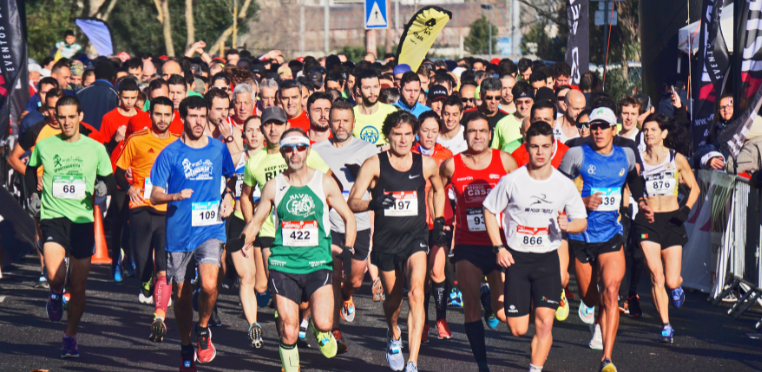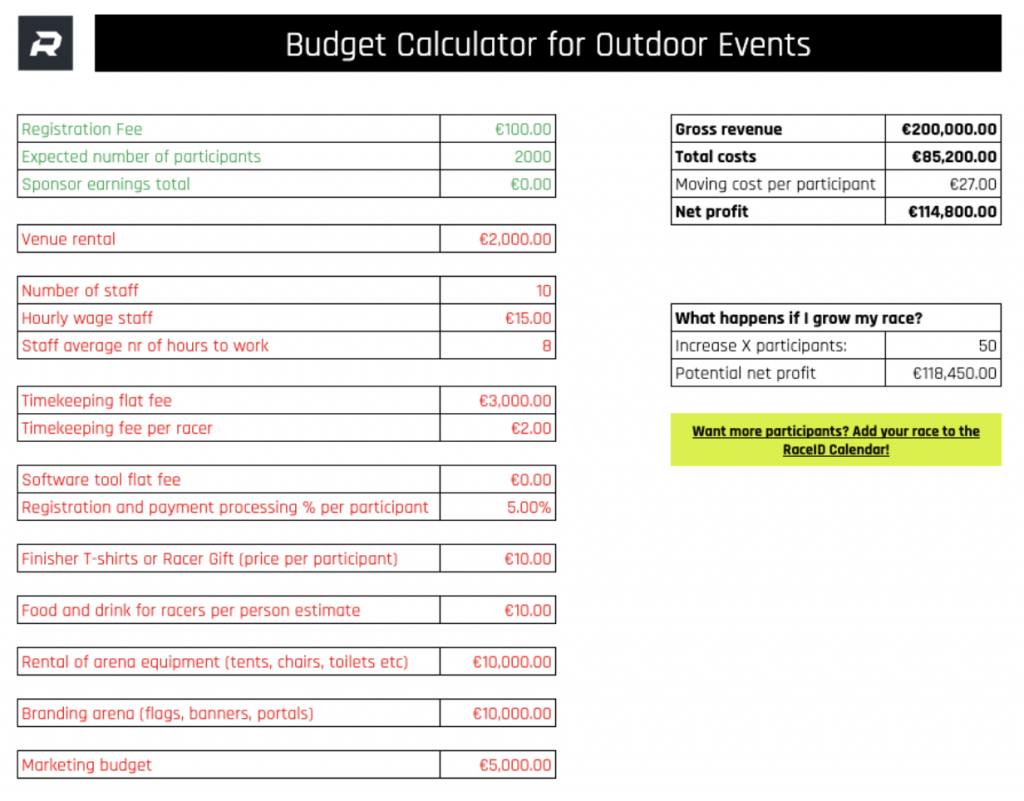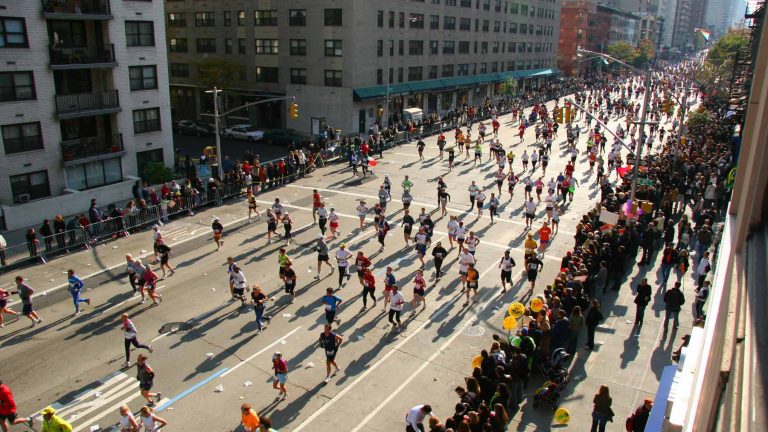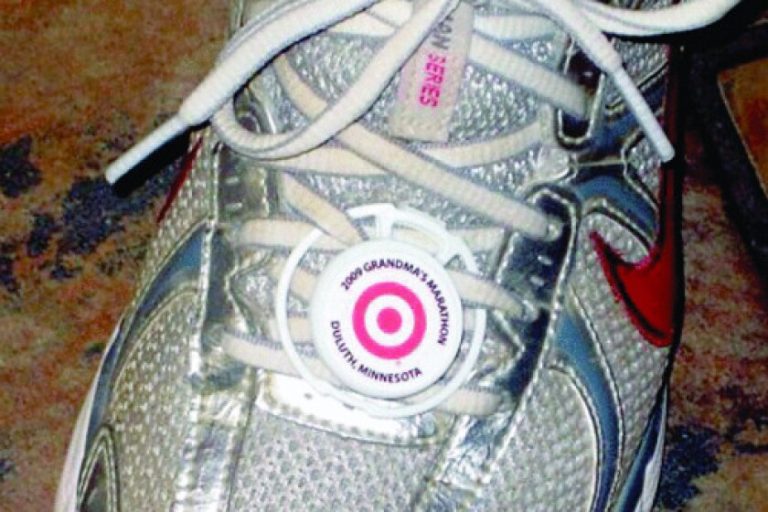How Much Does Marathon Cost
The cost of a marathon varies depending on the location, organization, and amenities offered, ranging from $50 to $250. Participating in a marathon involves expenses such as registration fees, transportation, accommodation, and sometimes extra costs for merchandise or charity donations.
Marathon organizers often offer different registration options, with early bird or discounted rates available. Additionally, some marathons may require participants to fundraise a certain amount for a chosen charity. It’s important for potential marathon participants to research the specific costs associated with their desired event, including any potential additional fees or requirements.
By understanding the financial commitment involved, individuals can better plan and budget for their marathon experience.
Factors Affecting Marathon Costs
Marathon costs depend on various factors including registration fees, travel expenses, accommodation, and gear required for the race. Additional costs may arise from dietary needs, training programs, and medical check-ups. Planning and budgeting play a significant role in determining the total cost of participating in a marathon.
Factors Affecting Marathon Costs Marathons are exciting events that attract runners from all around the world. However, the cost of participating in a marathon can vary significantly based on a number of factors. Understanding these factors can help runners budget and plan for their next race. Let’s delve into the key aspects that influence the cost of participating in a marathon.Race Location
The location of the marathon plays a crucial role in determining the overall cost. Major cities and popular tourist destinations tend to have higher expenses due to higher demand for infrastructure and services. Larger cities, such as New York and London, often have higher associated costs due to accommodation, transportation, and permits.Race Distance
The length of the race is another significant factor affecting the expenses. Ultra marathons spanning 50 miles or more usually come with higher registration fees, as they typically require more extensive support and resources. Additionally, longer distances may entail increased logistical costs, such as additional aid stations and medical personnel.Race Reputation
The reputation of a marathon can also impact its overall cost. Well-known races with a history of successful events and a large number of participants typically have higher registration fees. These races often invest in high-quality amenities, such as race medals, participant shirts, and post-race refreshments. Additionally, renowned events may spend more on marketing and promotions, which can contribute to increased costs for participants.Registration Fees Vs. Total Costs
So, you’ve decided to take on the challenge of running a marathon. Congratulations! But before you lace up your running shoes, it’s important to consider the cost involved. While the registration fees are a significant part of the overall expenses, there are other additional costs to keep in mind as well. In this article, we will breakdown the registration fees and explore the other expenses you should consider when budgeting for your marathon journey.
Breakdown Of Registration Fees
When it comes to registering for a marathon, the cost can vary depending on factors such as location, popularity, and the organization hosting the event. Typically, the registration fee covers essential items like race entry, participant t-shirt, and a finisher’s medal. However, it’s essential to note that the registration fee alone does not encompass all the expenses you will incur throughout your training and race day.
The breakdown of registration fees for a marathon can typically be summarized as follows:
| Registration Fee Breakdown | Cost |
|---|---|
| Race Entry | $X |
| Participant T-Shirt | $Y |
| Finisher’s Medal | $Z |
Additional Expenses To Consider
While the registration fees provide the essentials for participating in a marathon, there are several additional expenses you need to budget for. These costs go beyond the race entry and cover everything from training materials to travel arrangements. Here are some additional expenses to consider:
- Training Gear: Running shoes, clothing, and accessories.
- Training Programs: Personal trainers, coaches, or online training programs.
- Diet and Nutrition: Healthy food choices, supplements, and hydration supplies.
- Travel and Accommodations: Plane tickets, hotel bookings, and transportation during race weekend.
- Race Day Essentials: Energy gels, electrolyte drinks, and any additional gear required by the event.
- Post-Race Recovery: Massage therapy, chiropractic care, or any other form of relaxation and rejuvenation.
By considering these additional expenses, you can budget accordingly and avoid any financial surprises. Remember that marathon training and participation require a commitment of time, effort, and money. Being prepared both physically and financially will help you focus on enjoying the experience and crossing that finish line!
Ways To Save On Marathon Costs
Participating in a marathon can be an exhilarating experience, but it comes with its costs. From registration fees to travel expenses and accommodation, the expenses can quickly add up. However, by following these cost-saving tips, you can make your marathon experience more affordable without compromising on the excitement.
Early Registration Discounts
One of the easiest ways to save on marathon costs is by taking advantage of early registration discounts. Many marathons offer discounted rates for those who register well in advance. By signing up early, you not only secure your spot in the race but also reduce the financial burden. Keep an eye out for early registration deadlines and make sure to register before they expire.
Travel And Accommodation Tips
Travel and accommodation expenses can take a big chunk out of your marathon budget. To save money in this area, consider the following tips:
- Book your travel and accommodation well in advance. This allows you to take advantage of lower prices and avoid surge pricing.
- Look for budget-friendly accommodations such as hostels, Airbnb options, or even staying with friends or family who live in the area.
- Consider sharing the costs with another marathon participant. Splitting expenses like accommodation, transportation, and meals can significantly reduce the financial burden.
- If the marathon is happening in your city or nearby, you can save on travel expenses by using public transportation or carpooling with fellow runners.
- Plan your travel during off-peak seasons or weekdays, as prices tend to be lower compared to weekends or peak travel times.
By implementing these travel and accommodation tips, you can save money while still enjoying the marathon experience.

Credit: www.theguardian.com
The Economics Behind Marathons
When it comes to organizing a marathon, there’s more to it than just lacing up your running shoes and hitting the pavement. The economics behind marathons play a significant role in determining the overall cost and success of these events. From sponsorship and fundraising to the impact of COVID-19, let’s delve into the financial aspects that contribute to the marathon’s bottom line.
Sponsorship And Fundraising
Sponsorship plays a pivotal role in the financial success of marathons. Companies and brands often partner with marathon organizers to gain exposure and connect with the running community. In return, sponsors provide financial support, products, or services, which can significantly offset the overall cost of hosting the event. Additionally, fundraising activities, such as crowdfunding campaigns or charity partnerships, can help cover event expenses while also supporting meaningful causes.
Impact Of Covid-19
The global pandemic has brought significant challenges to marathon economics. COVID-19 necessitated safety measures, such as enhanced sanitation and health protocols, which increased operational costs for organizers. Furthermore, many marathons faced reduced participation due to travel restrictions and safety concerns, leading to decreased revenue from participant fees and sponsorships. As a result, marathon organizers have had to adapt their financial strategies to navigate the ongoing impact of the pandemic.
Comparing Marathon Costs Worldwide
Average Cost Across Different Countries
Participating in marathons incurs varying costs depending on the country, with the expenses covering registration, accommodation, apparel, and transportation.
- United States: $100-$200
- United Kingdom: $50-$100
- Japan: $80-$150
Most Expensive Vs. Most Affordable Races
The discrepancy in marathon costs globally is significant, showcasing diversity in race fees, amenities, and arrangements for runners.
| Race | Location | Cost |
|---|---|---|
| Boston Marathon | United States | $180 |
| Berlin Marathon | Germany | $110 |
| Mumbai Marathon | India | $15 |

Credit: raceid.com

Credit: raceid.com
Frequently Asked Questions On How Much Does Marathon Cost
How Much Does It Cost To Prepare For A Marathon?
Preparing for a marathon can cost anywhere from $100 to $500 per month. Costs include training gear, race entry fees, coaching, and nutrition. These expenses can vary based on individual needs and goals.
What Is 3 Hours For A Marathon?
A 3-hour marathon refers to completing a marathon race in 3 hours or less. It is considered a respectable achievement in the running community.
How Much Does It Cost To Put On A Race?
The cost to put on a race varies depending on factors such as location, size, amenities, and promotional expenses. On average, it can range from a few thousand dollars for a small local race to tens of thousands for larger events with professional timing and extensive marketing.
Conclusion
The cost of running a marathon can vary greatly depending on several factors. From race entry fees to travel expenses, it’s important to budget and plan accordingly. By considering all potential costs and preparing in advance, you can ensure a successful and enjoyable marathon experience without breaking the bank.






